Why you can take out a home loan too as a single person

Keytrade Bank
keytradebank.be
June 04, 2025
(updated July 23, 2025)
3 minutes to read
Today, more than a third of households in Belgium are singles, with or without children. We often hear that buying your own home on just one income is a mission impossible. However, the figures tell a different story. In fact, about one in three new Belgian mortgages is taken out by singles.
More and more Belgians are buying an apartment or house on their own, without a partner. Single people have been the largest group of apartment buyers for some time now, and this trend is continuing steadily. According to the federation of notaries Fednot, no fewer than 58% of registered deeds of sale for apartments went to single buyers in 2024.
The proportion of single people is also growing on the house market. In 2024, one in three homeowners – 38% to be precise – bought their property without a partner. In Wallonia, where property prices are generally lower, their proportion is even higher, with 45% of homes going to a single buyer. The figures also show that on average, single people pay less for their homes than couples. For example, in 2024, they spent an average of 273,628 euros on a house, compared to 360,597 euros for couples – presumably because they opted for a slightly more modest home. For apartments, the difference was slightly less pronounced: singles paid an average of 252,070 euros, while couples paid an average of 287,719 euros.
Singles borrow 'differently'
Banks apply the same criteria to singles as they do to couples when granting loans. However, singles bear more of the burden themselves. This means that in practice, singles tend to borrow a smaller amount and are more likely to opt for a fixed interest rate and longer loan term.
- According to data from UPC-BVK, the trade association representing consumer and mortgage loans, around 90% of mortgage holders opted for a fixed interest rate in 2024. A fixed interest rate offers certainty: the monthly payments are constant regardless of any future interest rate fluctuations. Because singles often have a more limited financial safety net, most opt for long-term security and peace of mind.
- Mortgages are traditionally taken out for 20 years, but many singles borrow for 25 or 30 years. Spreading the loan over more years significantly reduces the monthly repayments. This means that single-income households can still finance their own home without stretching themselves on the repayment every month. Do note that a longer loan term ultimately means more interest charges, but it does make it easier to get on the property ladder and the costs are less taxing over time. Repaying 700 euros per month may seem like a lot today, but in a context of rising wages and inflation, that amount may be much easier to pay in 10 or 20 years' time. Many single people deliberately choose a loan with a long term and may later still decide to repay or refinance the loan early when they are financially more comfortable.
- Singles often borrow lower amounts than couples because they tend to buy smaller homes. A compact terraced house, an apartment or a home that needs work are popular among singles.
- Singles are more likely to opt for a progressive repayment home loan. This means that you pay less in the first few years, after which the monthly payments increase gradually. They may increase annually or every five years, for example. For first-time buyers or singles who expect their income to increase (or who expect a dual-income situation in the future), this offers some breathing space in the early years. Thanks to the lower initial charges, you can borrow more at the outset. After around 10 years, you may be in a stronger position, making the higher repayments more manageable later on. Not all banks offer this type of loan. Keytrade Bank, for example, does not currently offer a progressive repayment home loan.
Deposit and maximum loan repayments
Banks mainly assess your application based on the level of own assets you are paying as a deposit in relation to the value of the home and how much your monthly credit repayment can be.
● Deposit required. The National Bank of Belgium (NBB) has a rule of thumb that says that banks can finance up to 90% of a home's purchase value. In concrete terms, this means you have to use your own savings to pay a deposit of at least 10% of the price of the home. You also need to cover all the additional purchase costs such as stamp duty, notary fees and administrative charges. These additional costs are often up to 10% of the price, which means that you need to cover roughly 20% of the purchase price yourself. For a home worth 300,000 euros, you need to have roughly 60,000 euros available as a single person. However, banks can be more flexible for first-time buyers. The NBB allows a limited percentage of new loans to have a higher loan-to-value ratio (up to 100%), but this is not an established right. In practice, most banks require the buyer to pay a deposit of ideally 20%.
● Debt burden and living expenses. In the past, the rule of thumb was that your monthly instalment should be about 1/3 of your net income. Today, banks apply more refined criteria. What matters is the amount you have left to live on after paying all your loan instalments. The minimum amount required for living expenses is usually around 1,100 to 1,200 euros per month for singles. In other words, after your home loan (and other fixed expenses such as other loan repayments, energy bills, property tax, etc.), you still need an amount to spend on food, clothing, insurance, etc. In practice, one single person may be able to easily spend 50% of their net salary on housing expenses, while another may reach their limit at 30% depending on their salary level and costs. A permanent employment contract or stable career is almost indispensable.
Support measures and tax benefits
When you buy your first home, you can take advantage of a number of government measures that will make your financing a little easier.
1. Flanders
- Reduced stamp duty. Flemish stamp duty on your only main residence fell from 3% to 2% on 1 January 2025. This rate applies to the purchase price of an existing home if you don't own any other home and you are going to live there yourself.
- Mortgage Payment Protection Insurance. When you take out a mortgage loan, you can apply for mortgage payment protection insurance (Verzekering Gewaarborgd Wonen) in Flanders. This free insurance covers part of your loan repayments for 10 years if you become unintentionally unemployed or unable to work. If you lose your income (for example due to redundancy, bankruptcy or illness), the Flemish government will make a monthly payment to the bank for up to 36 months.
- Social loans for modest incomes. If you are a single person on a low income, you may be eligible for a low-interest social loan. In Flanders, there is the Flemish Home Loan. This allows you to borrow at a lower interest rate and often enables you to finance up to 100% of the home's purchase (and renovation) costs.
2. Brussels
- Stamp duty exemption. Unlike Flanders, Brussels has a stamp duty exemption rather than a reduced stamp duty rate. The stamp duty on a purchased property in Brussels is 12.5%, but under certain conditions there is an exemption from any stamp duty on the first 200,000 euros of the purchase price. This saves you 25,000 euros. An additional exemption is also possible for renovation work that improves the home's energy performance.
- Social loans via the Housing Fund. The Housing Fund of the Brussels-Capital Region offers mortgage loans at fixed interest rates between 3.25 and 5% (depending on family composition and income). These are specifically intended for prospective buyers who are unable to obtain financing from regular banks because their income or deposit is too low. There are also several accredited social credit companies in Brussels that provide low-interest mortgages to people who can't find a solution on the private banking market.
3. Wallonia
- Reduced stamp duty on first homes. On 1 January 2025, the stamp duty in Wallonia fell from 12.5% to 3% if the property you are buying is your first home. To be eligible, the property must be your only home, you must use it as your main residence within 3 years (or 5 years case of a new build or renovation), and you must not own any other property (unless you have committed to selling it within 3 years).
- Walloon Social Credit Company. The Société Wallonne du Crédit Social (SWCS) is an institution that offers social mortgages in Wallonia. Its social loans (prêts sociaux) offer various advantages, such as a fixed interest rate, a term of up to 30 years and a 50% discount on notary fees.
- Free mortgage payment protection insurance. Wallonia also offers mortgage payment protection insurance (Assurance gratuite contre la perte de revenus), similar to that in Flanders. This insurance helps you to repay your loan if you become involuntarily unemployed or unable to work.
Ready to buy a home?
Other articles that might interest you
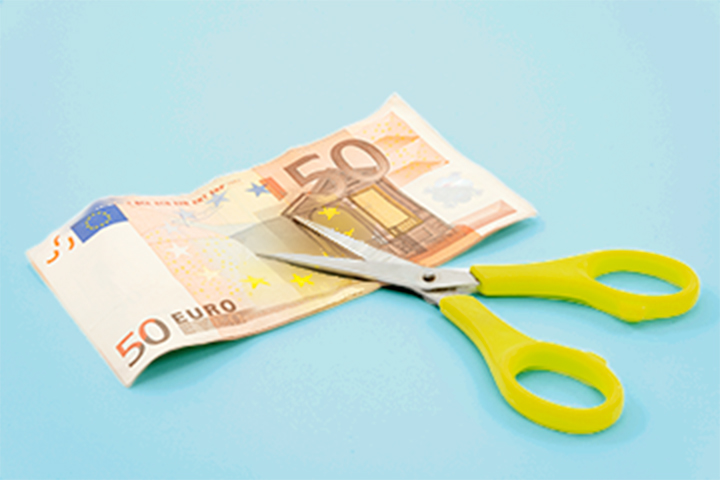
Capital gains tax: how will it affect your portfolio?
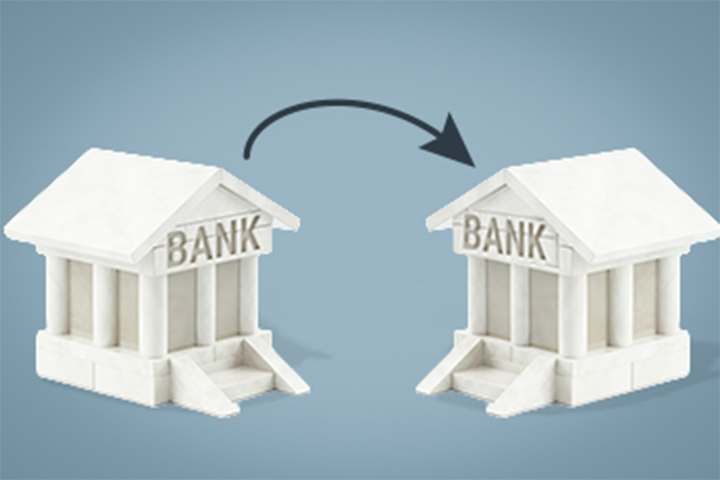
A hassle-free guide to switching banks

Why you should keep your account statements

ChatGPT as financial adviser: reliable or not?

Why a child deserves pocket money

14 surprising savings ideas
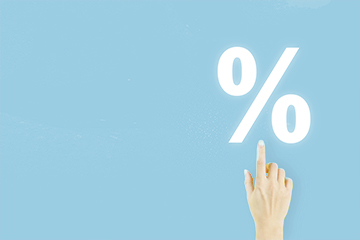
What is interest and what does it have to do with your savings account?

How much money do you have – without knowing it?

What can you do if you find a hidden defect in your home?

Will AI replace human investment advisers?

Gifting money: register or take the risk?

Think twice before entrusting your will to ChatGPT

Graph of the week: Industry has not succumbed to Trump!

When you are taking out a mortgage, make sure to take out this free insurance
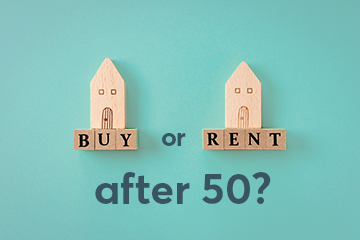
Buying or renting after you turn 50: which option is best for your future plans?

Belgium becomes a global player in healthcare real estate

Gift or inheritance? Avoid these 3 big pitfalls (and any unnecessary tension)
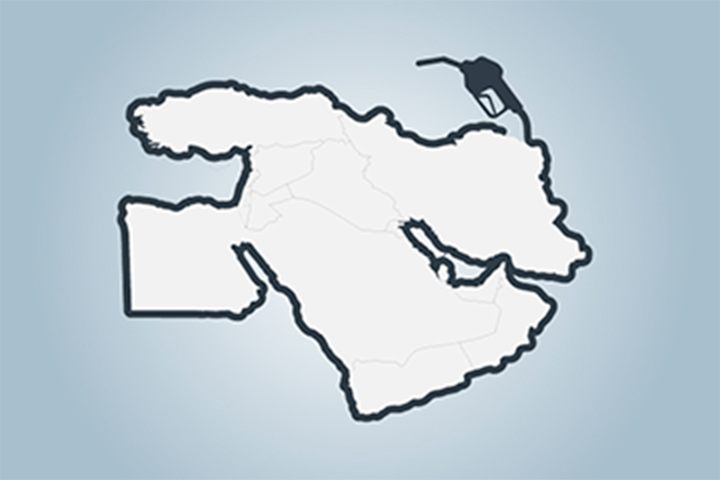
Risks and opportunities in the energy sector
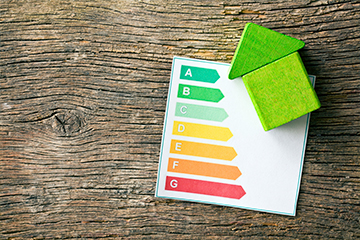
Don't forget to include your EPC in your credit application
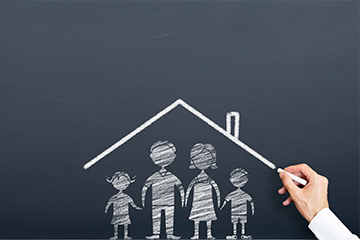
New reductions in stamp duty for home buyers

Is a buy-to-let property a smart investment?

Helping your (grand)children to buy a home: what are the options?

10 tips for the novice property investor

Planning renovations? Which renovation grants are you (still) entitled to?

Investing in your partner’s home? Don’t make these mistakes!

After the gold rally, is it silver's turn?

Why the S&P 500 does and does not have a problem

Investing in future index constituents: opportunities and pitfalls
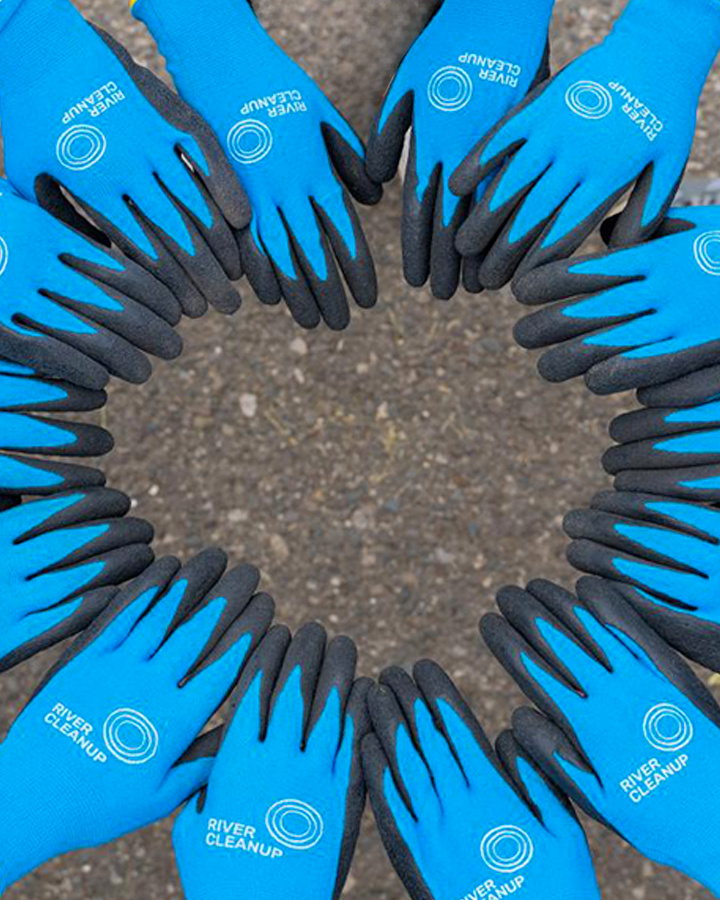
World Cleanup Day

Ever heard of the Zweig Breadth Thrust?

No children yet, but planning to have some? Here's how you can settle your inheritance

Humanoid robots: hype or golden opportunity for investors?

Defensive shares as a buffer?

US shares no longer number one!

One inheritance at multiple times: contingent legacies

Will there be a recession in the US?

As cruise companies gather steam, are their shares doing the same?
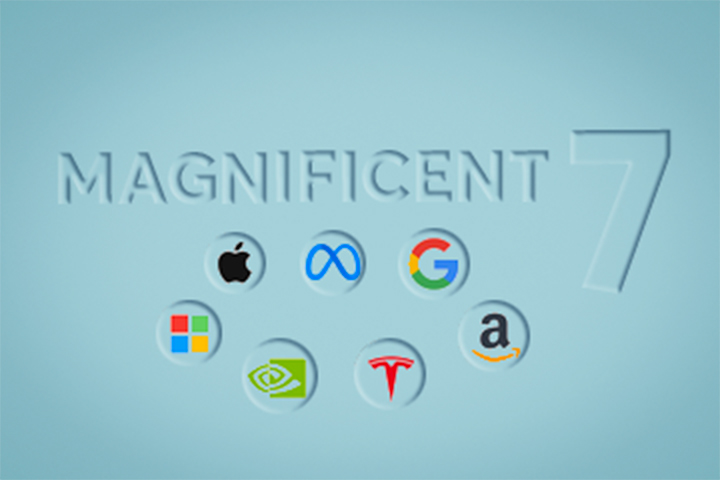
Have the Magnificent 7 lost their magic?
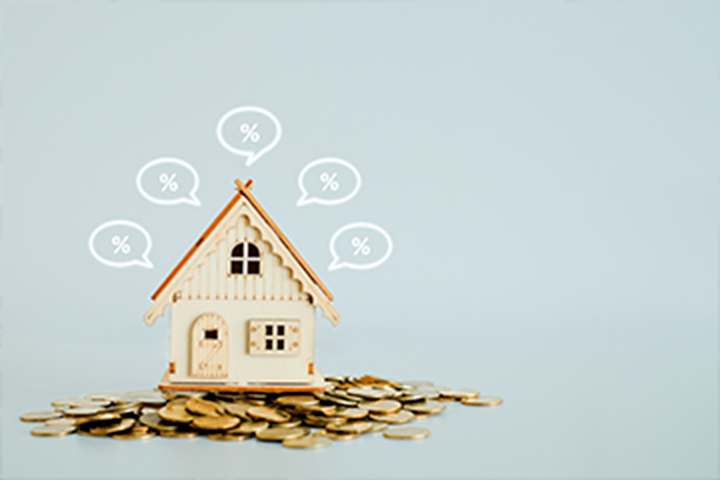
What costs are involved in buying a home?

Are European bank stocks experiencing a renaissance?

Has the obesity trade peaked?

How to invest in AI after the DeepSeek bomb

Married, cohabiting or in a non-cohabiting relationship: the impact on gifts and legacies

Writing your own will? Avoid these 10 mistakes

Want to fit in a gift before the end of the year and avoid paying gift tax?

Investors missed out on many great opportunities in 2024

40 years of pension savings: what will you spend it on (literally)?
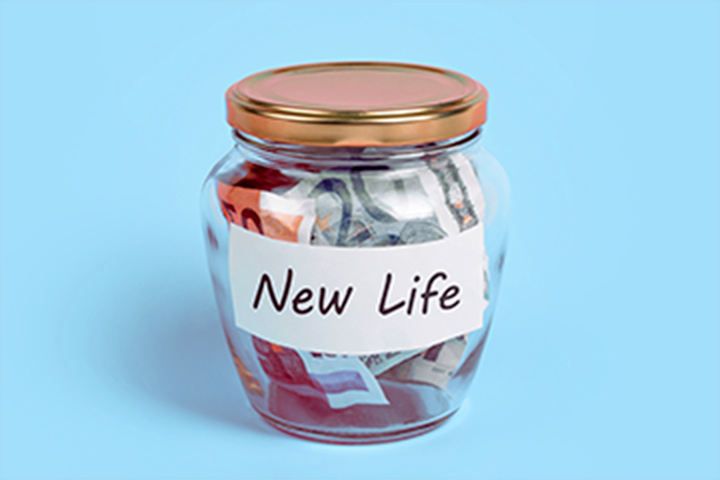
From FOMO to ZERO bank account? 5x pension savings to the rescue

Pension savings returns: these choices give the maximum payout
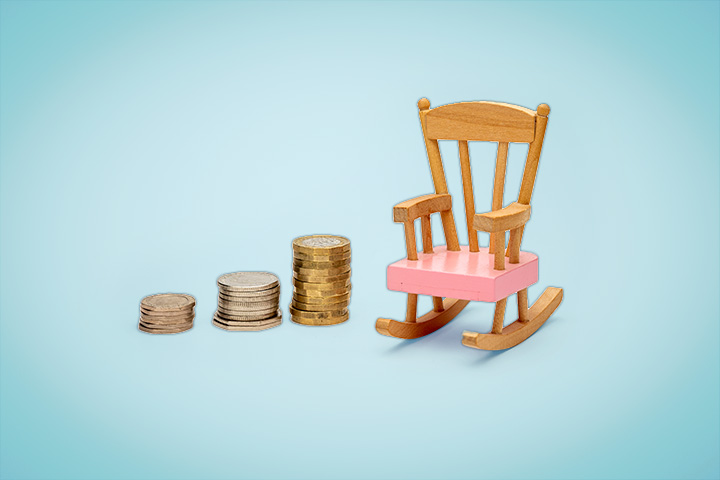
Lifetime pension savings: the sooner you begin, the more you rake in

What if pension savings were like a dating app?
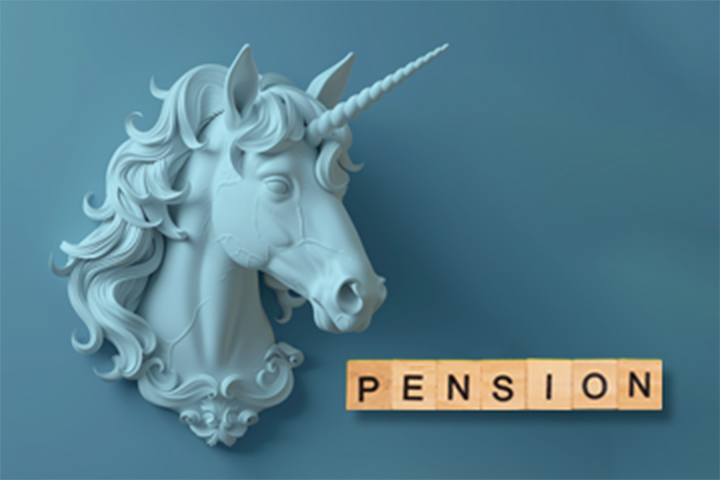
Myth busters: 5 myths vs. facts about pension savings

Pension savings: save the grey hair for later

Why pension planning is even more important for women

United States 1, Everyone Else 0
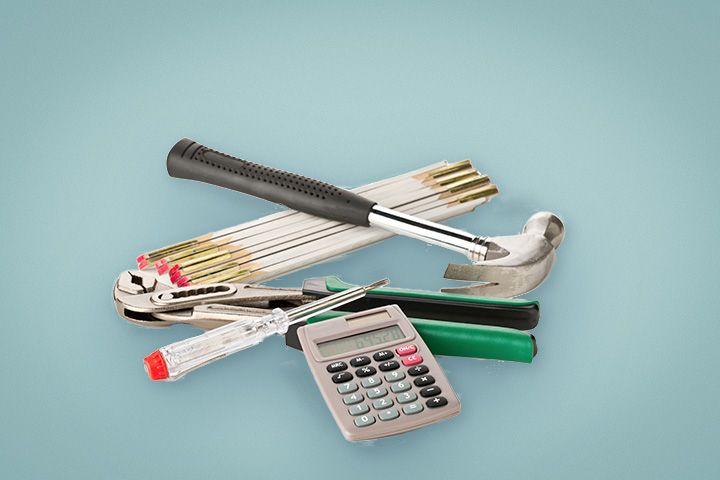
Which loan is the best fit for your renovation project?

When should you start investing? Seven potential key moments in your life

FIRE: how hot is this financial trend and how does it work?

How can you teach your child to save? 12 tips

Are there shortcuts to becoming financially independent?

A potential worldwide trade war is claiming European victims

Ever thought of investing in the pet industry?
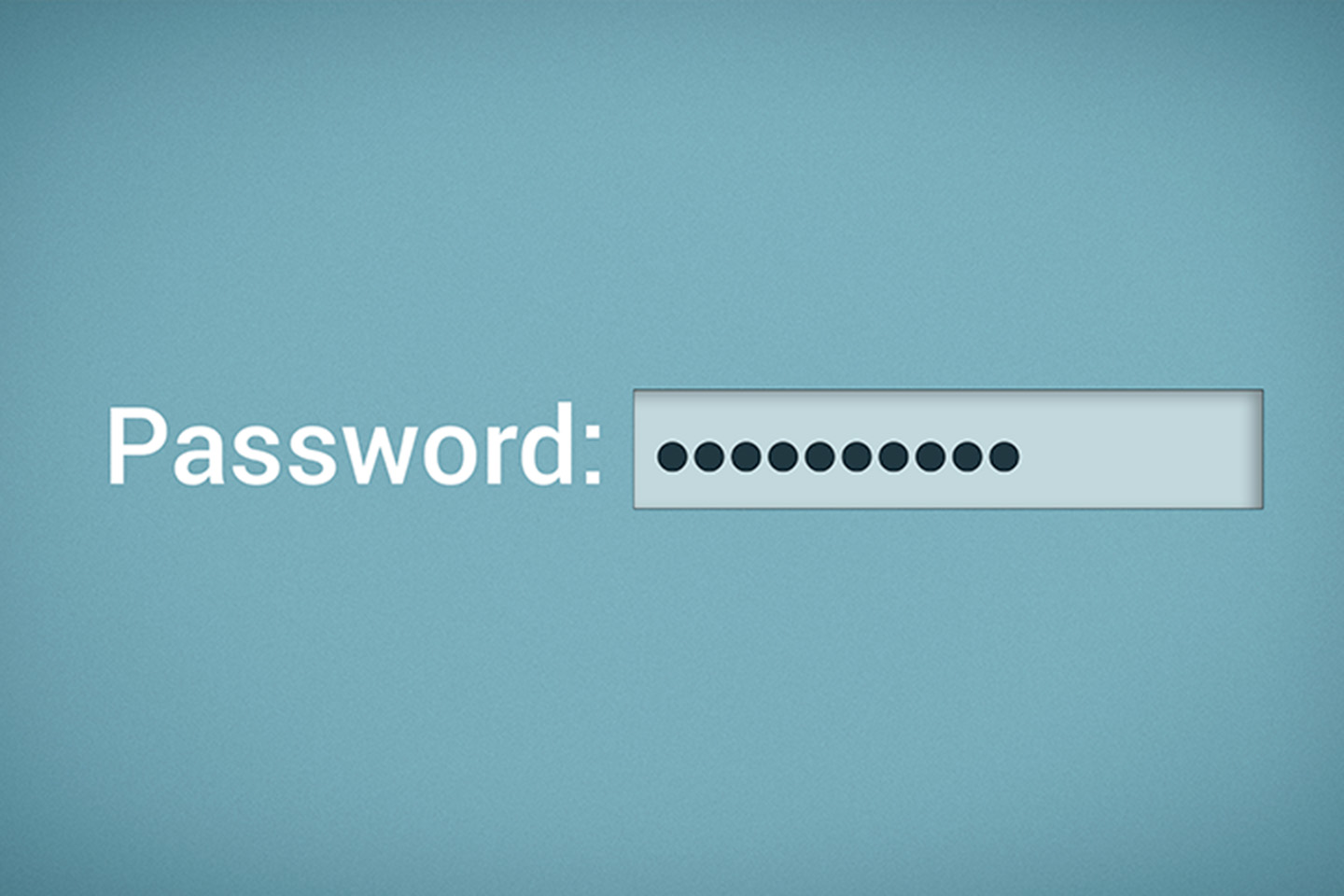
Have a password manager on your cybersecurity checklist yet?

Have long-term interest rates once again started a 40-year uptrend?

Democrats or Republicans: which party is better for your investments?

Scam letters are back (even though they never really went away)

Graph of the Week: Magnificent 7 vs 2000s Tech Bubble

Investing at new highs is an elevated idea

Untaxed side jobs: what is allowed and what is not (any more)?

Who's who at Keytrade Bank? Who answers the phone when you call us?

Who's Who? Visiting IT

Would it be better to buy a student room than rent one?

House flipping: is it worthwhile?

Basic interest rate and loyalty bonus: what does your savings behaviour say about you?
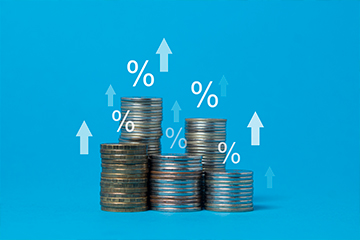
Why high dividend yields can be a poisoned chalice

3 ways to invest when you don't have much time.
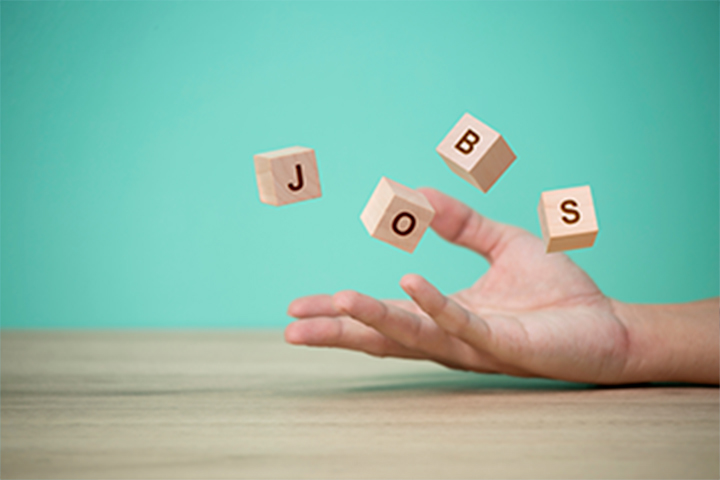
Watch out for recruitment scams

Is it time to invest in Chinese stocks again?

How do you select an investment fund for your child?

Secure online banking: how can you protect your finances?

Will ultra-low interest rates make a comeback? Probably not…

Robotics: From science fiction to science

Are money market funds an attractive investment?

Is it the right time to invest in bonds?

Stock market records: some down-to-earth advice on how to respond to dazzling heights

Have you ever thought about investing for your children?

Online dating scams: tips to protect yourself

How can you invest in space travel?

New in Flanders: interest-free loans for renovations

Shopping online: 7 tips and points to consider

Five myths about sustainable investing
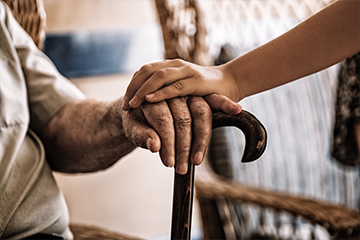
How can you invest in an ageing population?

How do elections affect the stock market?

8 questions and answers about holding companies

Nigeria: a new hot spot for adventurous investors?

Looking back on 2023

Investing in emerging markets: are investment funds a smarter buy than trackers?

Watch out, danger's about

The advantages and disadvantages of contactless payment

Read this before you scan another QR code

Good positional play is important!

Is India the new China?
Which sectors should remain overweight following the latest rate hike?

Padel has got a new doubles partner with Keytrade Bank

8 timeless rules for investors

Don't forget to make arrangements for your digital estate

How to navigate a relationship with lopsided incomes?

Avoiding and dealing with conflicts on financial matters: a guide

1 account for the both of you? Or separate accounts? Or a combo?

What is the difference between a tracker and a fund?

6 things you need to know about your Keytrade Bank credit card

A Keytrade Bank Nature Trail? Yes, please.
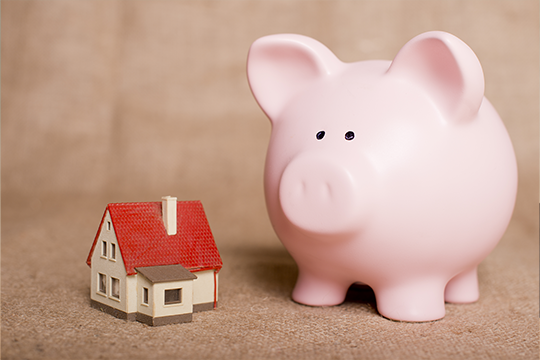
How to buy real estate with your supplementary pension (even though you have not retired yet)

Who's who at Keytrade Bank? Data first

Is tighter monetary policy acting as a brake on the stock market upturn?

How can you donate or leave a legacy to a charity?

As close as possible to staff

Belgian traders tempted by American stock market rush and Reddit investors

Getting nervous about the stock market? Take a look at the 200-day moving average

A Keytrade Bank Nature Trail? Yes, please.
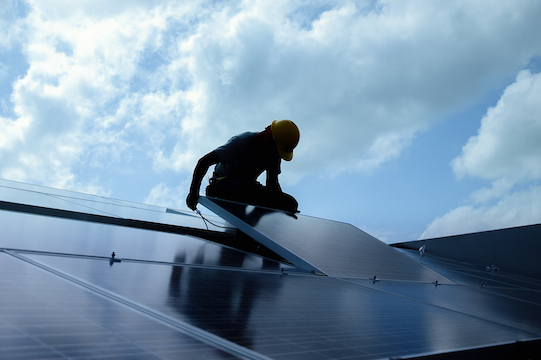
With or without the coronavirus: why green investing remains just as relevant as before

Impact investing: sustainable investments with that little bit more

Sustainable investing: what, why and how?

How can you make an investment portfolio inflation-resistant?

How much additional income are you allowed to earn as a pensioner?

CARD STOP has a new number! 078 170 170

This is what the tax authorities know about your money

Investing in dividend shares: what to look for?

Hate budgeting? This is your guide to budgeting

No group insurance plan? What are the alternatives?

Can countries go bankrupt?

Which investment style and which regions would benefit from renewed growth in interest rates?

Which shares will be the rising stars once interest rates start increasing again?

10 things you can do within a day to improve your financial health

Cohousing rules

Baby on the way? Make sure your finances are ready for it, too

How to protect your capital in the event of a divorce

How to include your grandchildren in your inheritance planning: 8 questions and answers

Rising debt: is it a problem?

How safe are contactless payments?

Funds and trackers: do you opt for capitalisation or distribution?

Rent or buy? How to use the price-to-rent ratio

What do I do to balance my investments?

CARD STOP has a new number! 078 170 170

Talking to your family about legacy: how to get started

Stock market versus bricks and mortar: 1-0

On the way to a society without cash?

Buying a second residence: with savings, investments or a loan?

A must read for when you spotted a second-hand bargain online

Always have a megatrend in your portfolio

The lazy marathon investor

Are you investing really globally with a tracker on a world index?

Are we heading into a year-end rally by the stock markets?

Coronablog de Geert Van Herck: La panique atteint des sommets… énième épisode

Blended family: shared savings account or keep things separate?

Tips from an expert: how to keep your passwords safe

Coronavirus blog by Geert Van Herck: S&P 500 indicates a positive trend

What retirement pension will you get later?

How can we cope with financial stress?

Gift or inheritance: which is the most tax-efficient?

Making an offer on a property: what should you look out for?

Swapping your car for a bike: how much money could you save?

Afraid of causing Ferrari or hammock syndrome? This is how you can make a gift and stay in control

Are trackers the latest bubble on the financial markets?

Going for gold? Gold is apparently going for it.


















































































































































